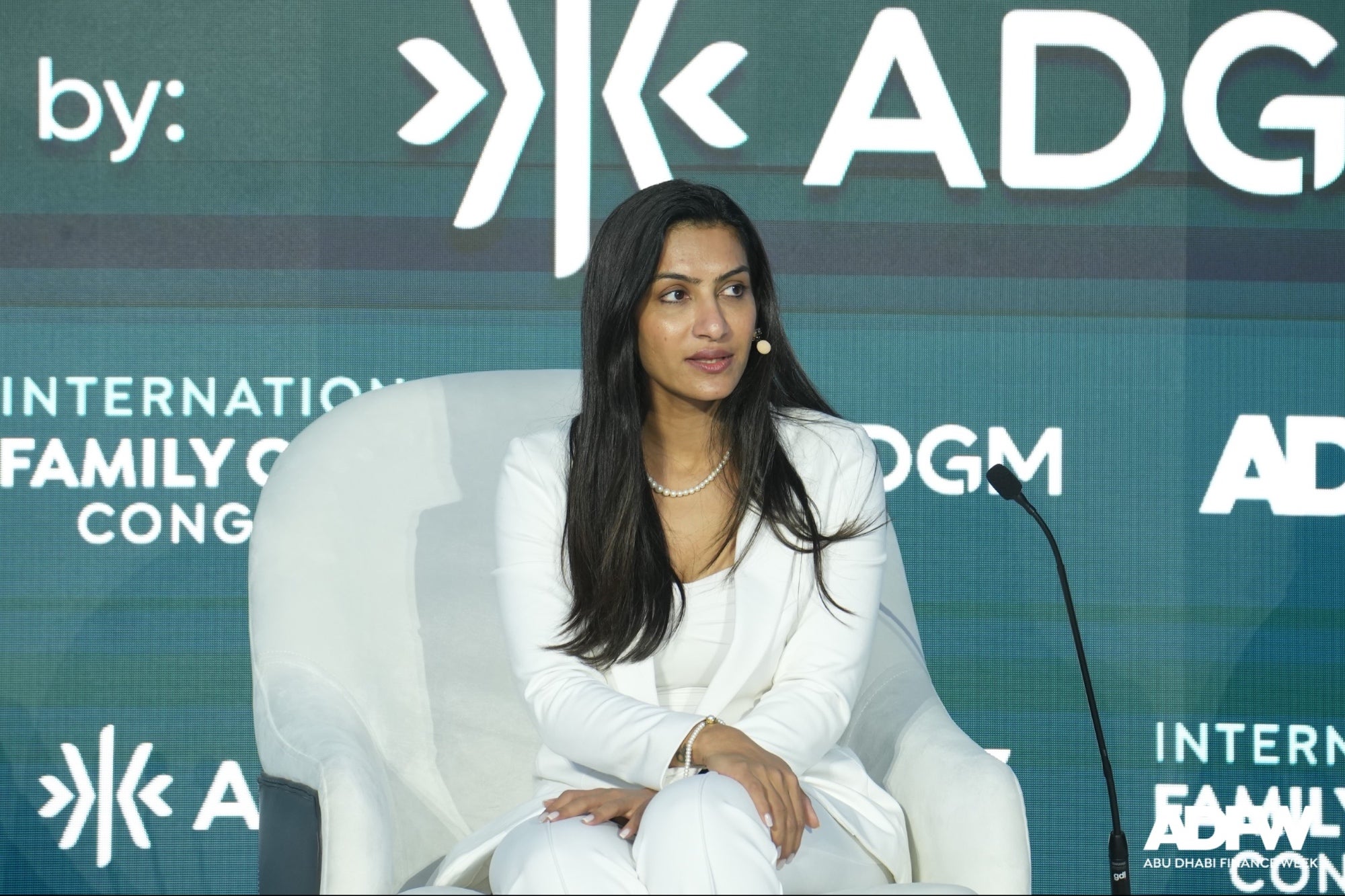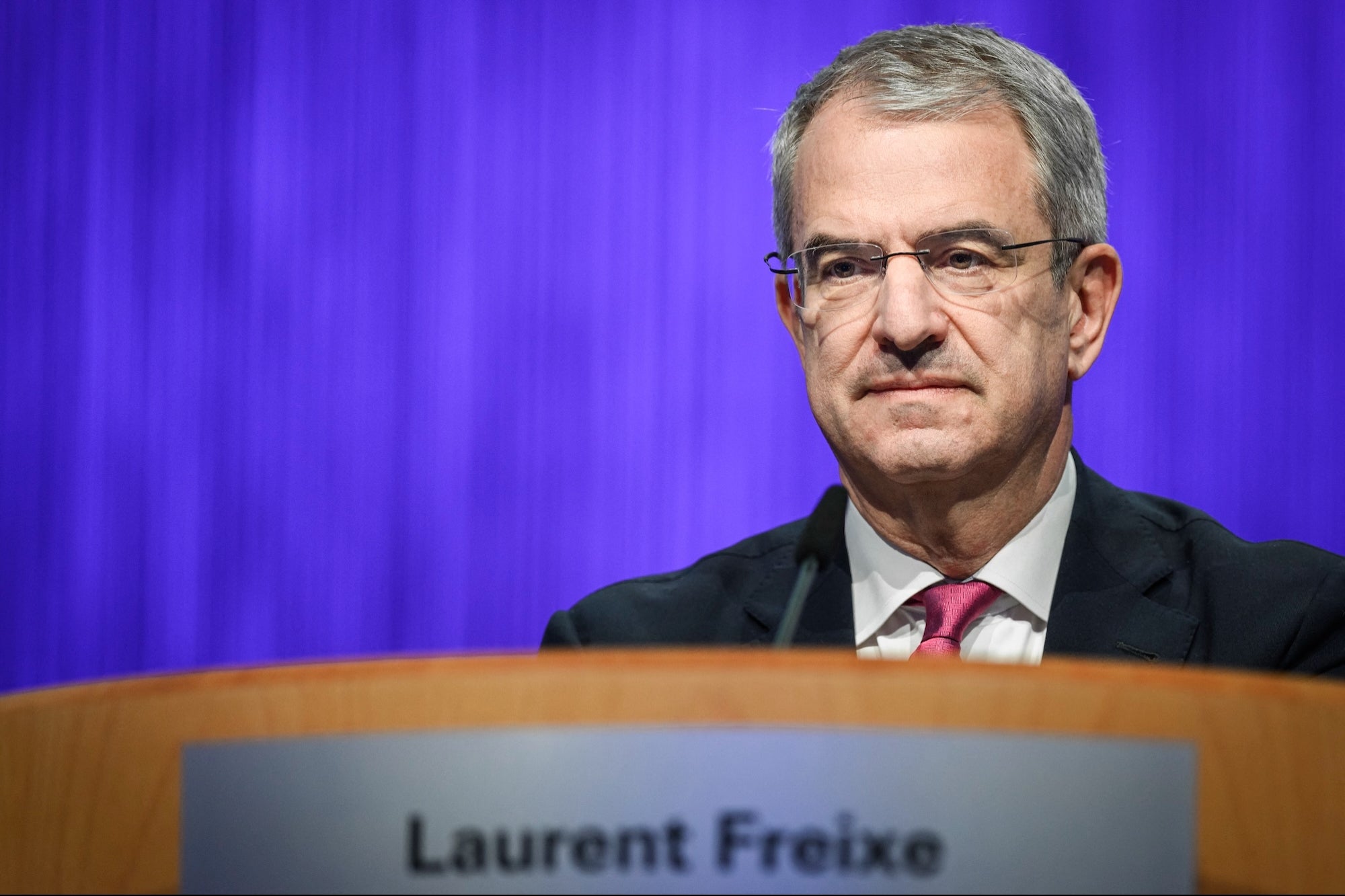Startup Funding: Ekta Tolani, Chief Investment Officer, KBW Ventures How to win investor attention and scale with impact—insider guidance from Ekta Tolani, Chief Investment Officer, KBW Ventures.
By Tamara Pupic
You're reading Entrepreneur Middle East, an international franchise of Entrepreneur Media.

This article is part of Startup Funding - Investor Insights Every Entrepreneur Needs by Entrepreneur Middle East, a series where the MENA region's leading venture capitalists share practical advice to help founders navigate the challenges of building and scaling a startup.
How to win investor attention and scale with impact—insider guidance from Ekta Tolani, Chief Investment Officer, KBW Ventures.
What are the top three things founders should absolutely do when preparing to raise their first round? To a founder, I would say they should focus on creating a solid pitch deck that narrates your story, showcases your product, and clearly highlights the market opportunity. Second, know your business in and out, your unit model, key economics driving your revenues and profitability, product market fit, and GTM. Have financials and projections in order that align with the narrative. Third, do a good amount of homework on your potential investors who align with your vision and can bring the right kind of support and network.
What are you really looking for when evaluating early-stage startups? KBW Ventures has a very systematic approach in evaluating early stage companies. We follow what we term a '5P framework'; it looks at the people, product, potential, predictability, purpose. Although all of the metrics are important, we consider people to be the most critical factor. We look for resilience and take an interest in the professional background and experience of the founders.
Can you share a personal anecdote—either a pitch that truly impressed you, or one that missed the mark and why? We recently evaluated a company in biotechnology that had great pitch, great product and huge market potential, but we were not fully sold on the operational team responsible for scaling the company from 10 to 100 and so we passed.
How should founders approach a "no"? What's the best way to build long-term investor relationships even if they don't get a cheque right away? This gets interesting quite a lot of times when founders have to take a no. I have come across founders who get very upset, or sometimes get offended, but that does not help in the relationship building process. The best way is to seek feedback, and provide periodic updates - six months would be ideal - with a positive outlook.
What startup sector or trend are you most excited about right now—and why? This is a tech economy where everything is AI, although sector wise, we are excited about longevity which we think has a decade of growth ahead. We are excited about healthtech and believe AI will bring some groundbreaking solutions to many medical conditions. We absolutely love B2B SaaS as these businesses have a high probability of success and profitability. We see tremendous growth in the gaming segment, given how it is penetrating beyond entertainment into education, and healthcare.











